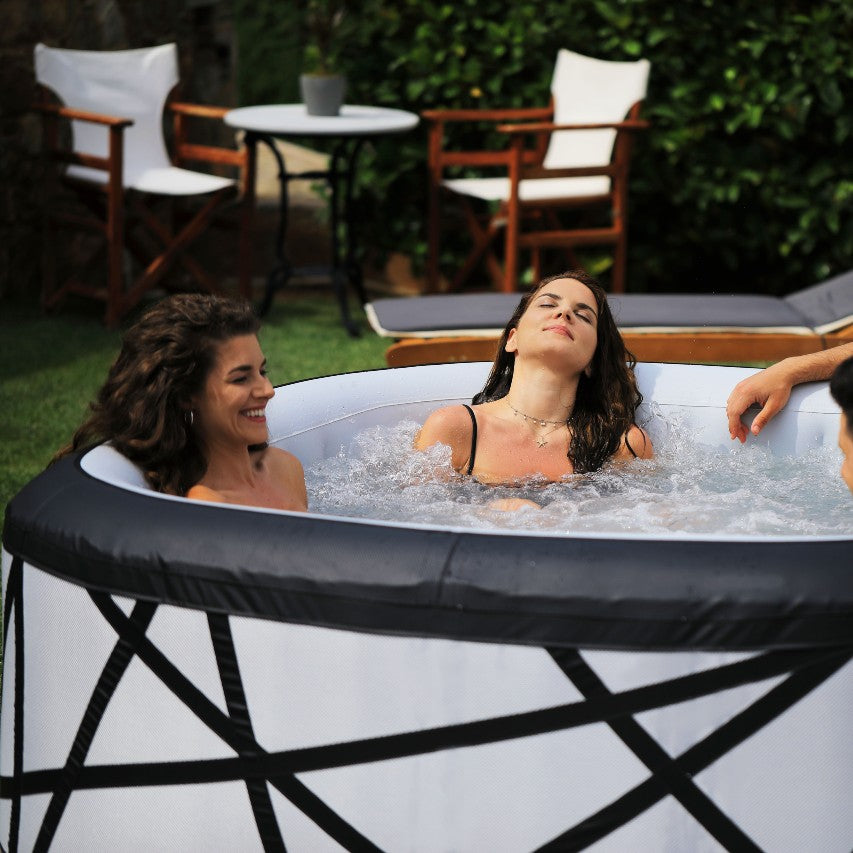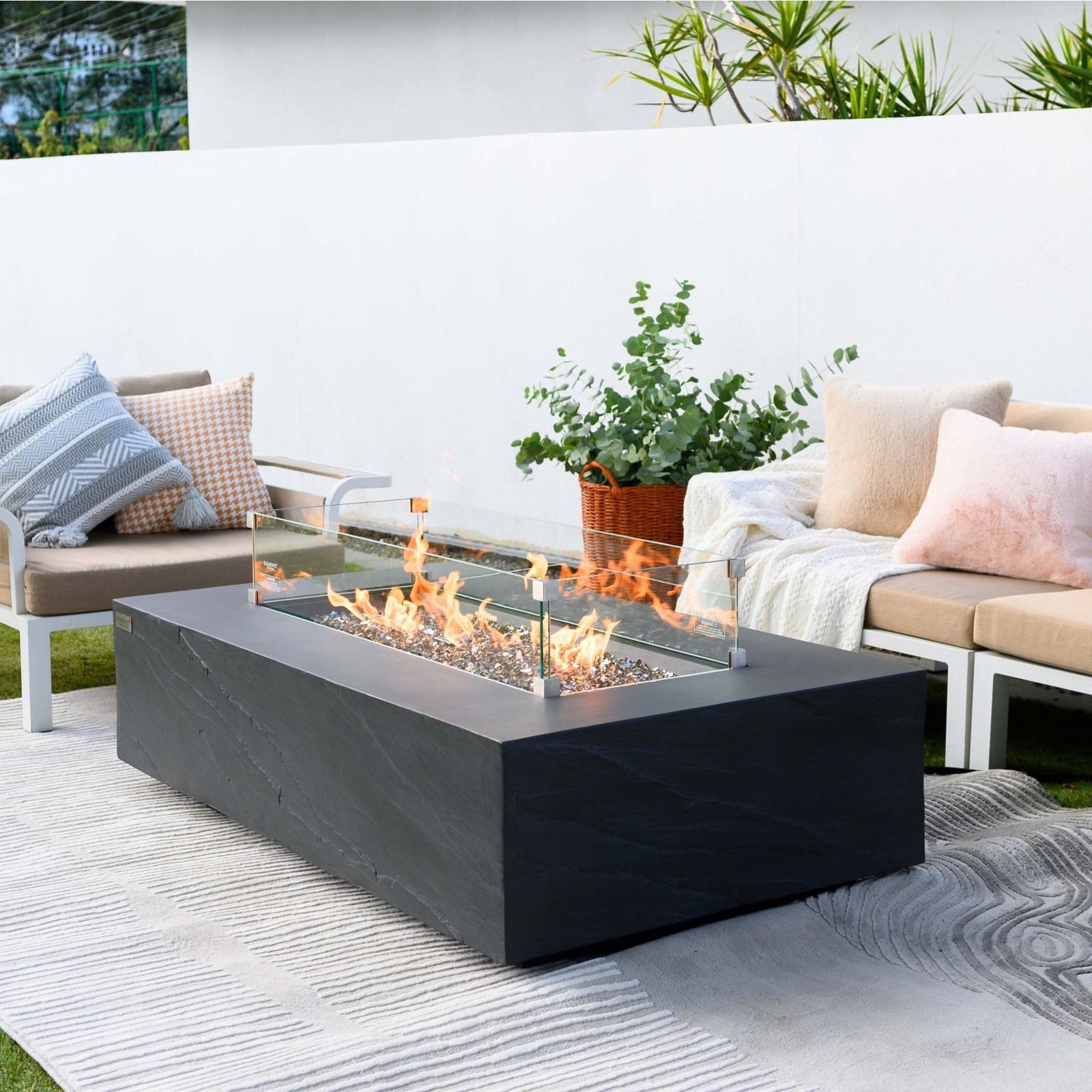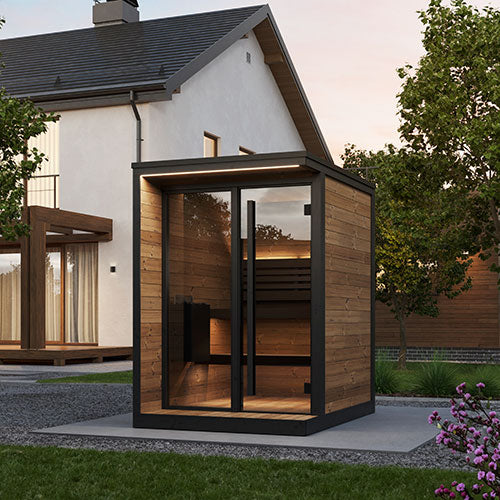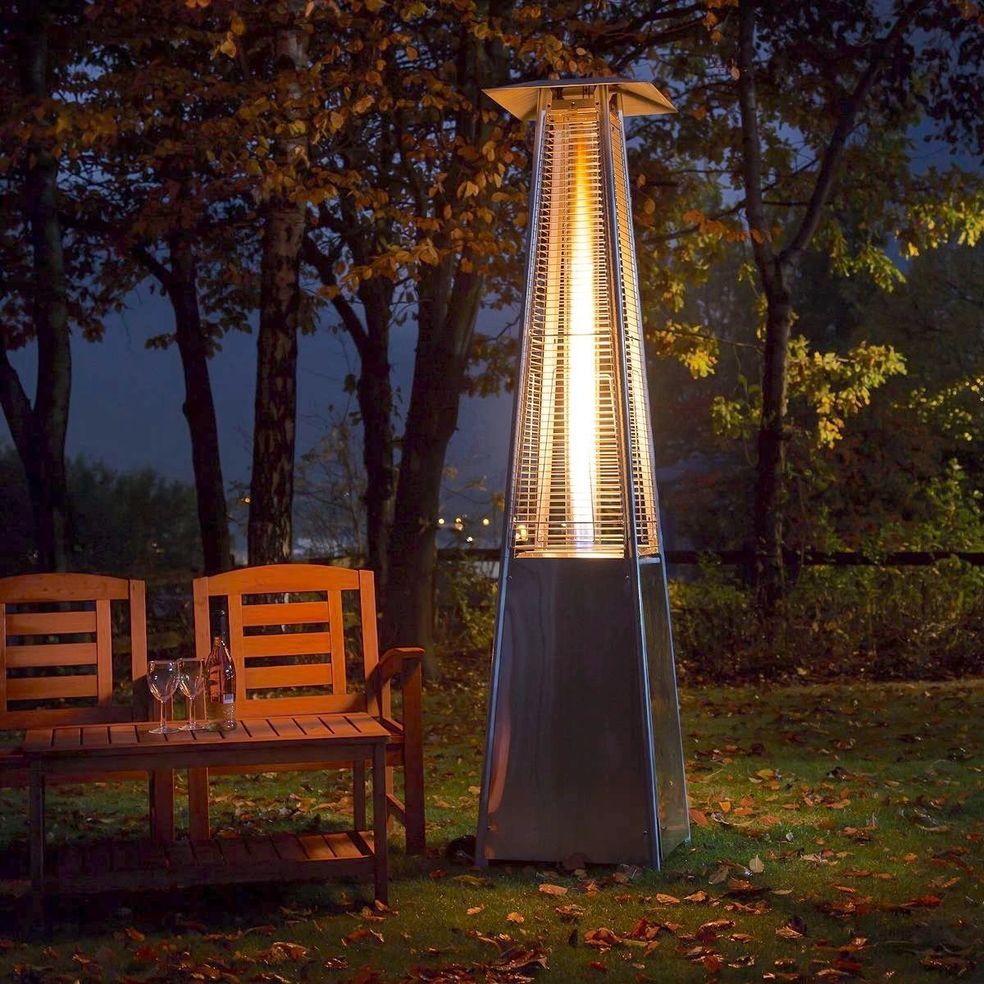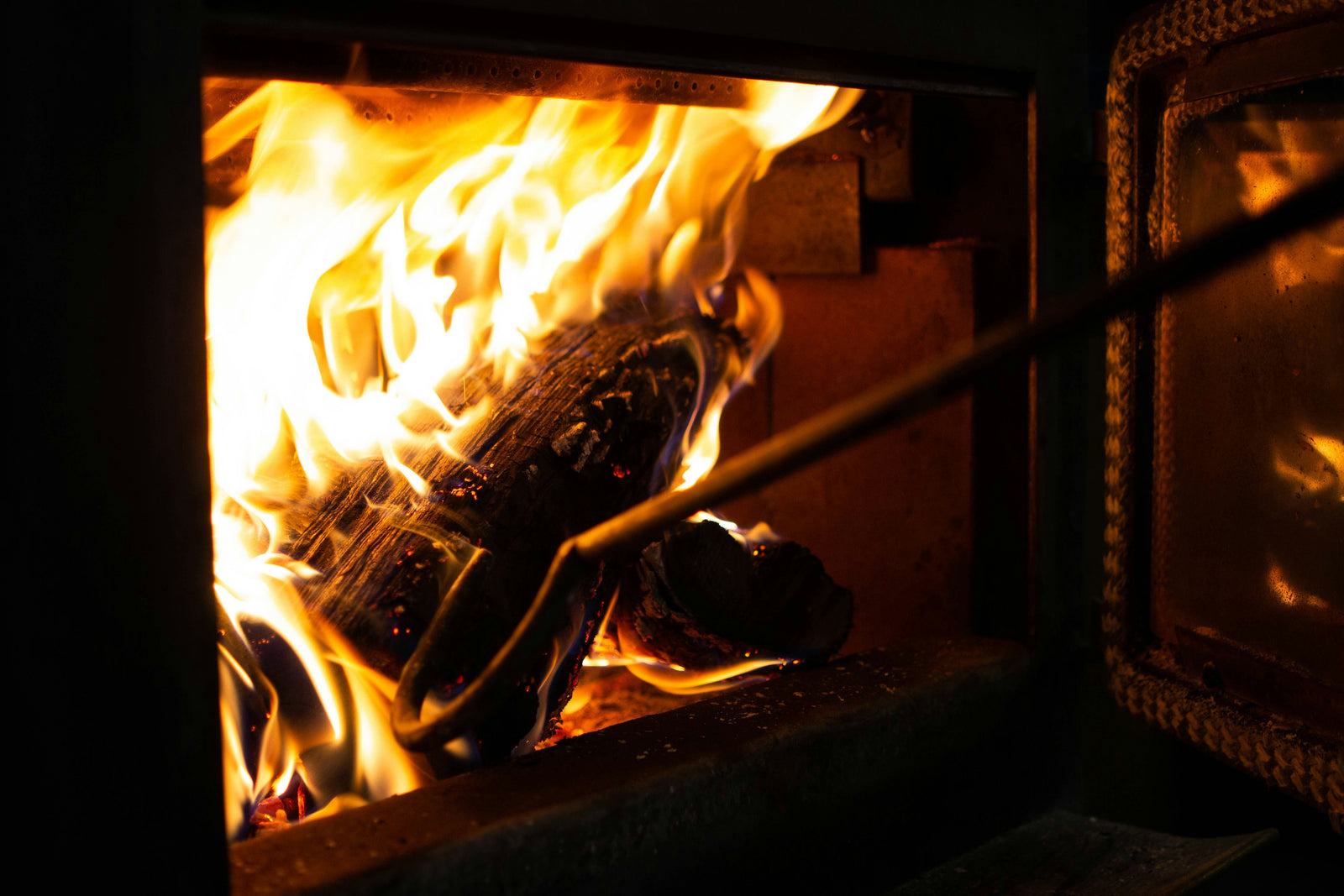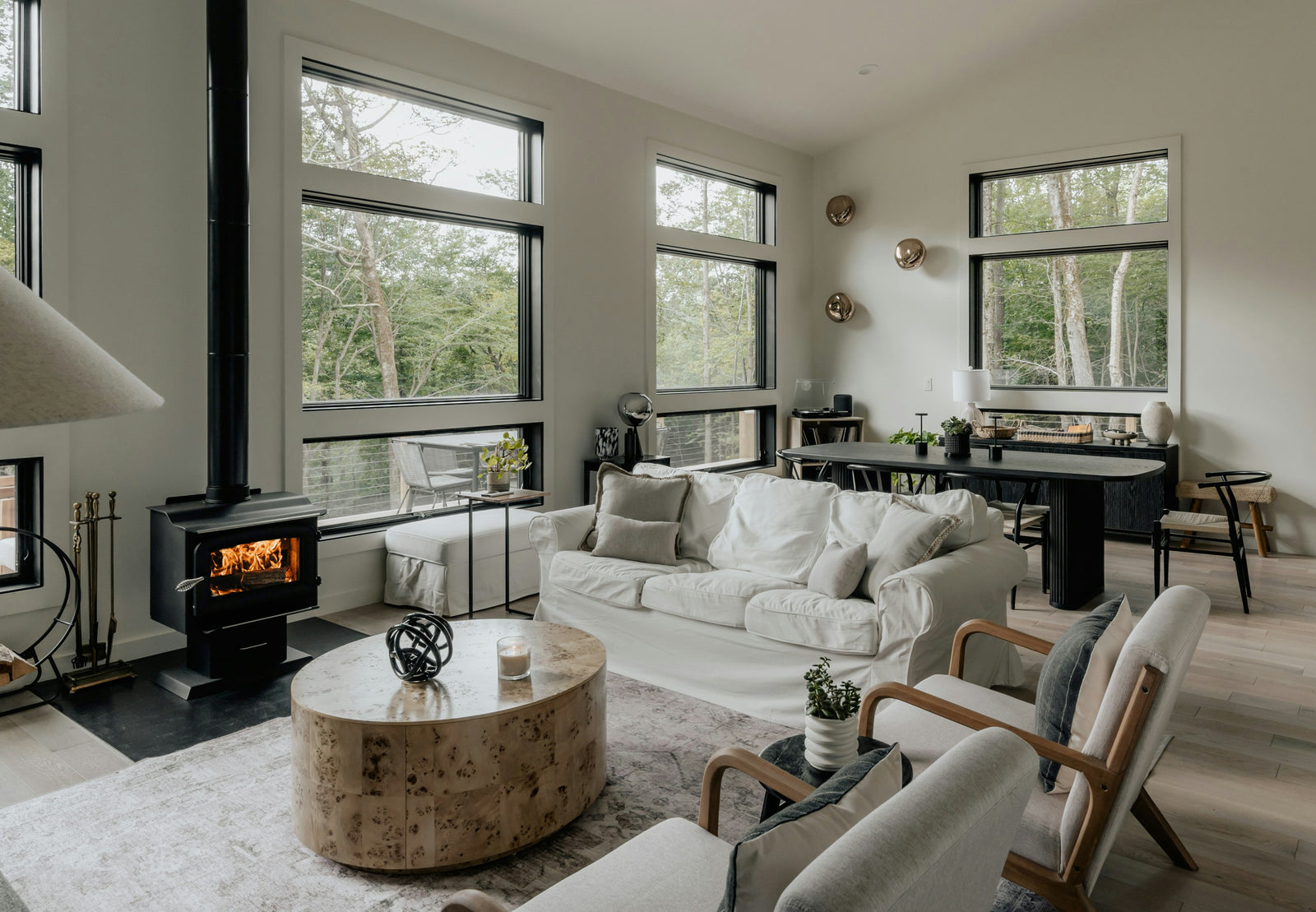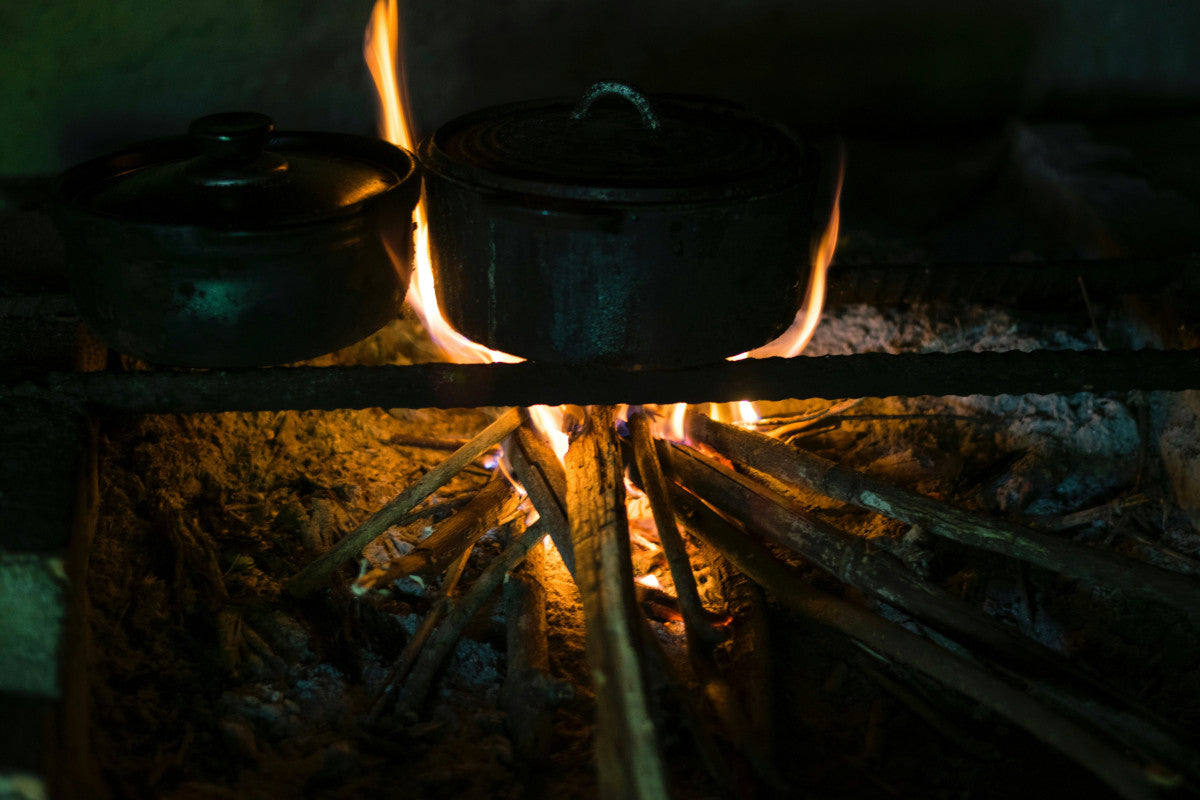Of all the different ways you can warm your pool, an electric heat pump is the most energy-efficient - and in this sense, the most cost-effective. But how much electricity does a pool heat pump use exactly?
As with most questions surrounding pool heating, there’s no one-size-fits-all answer. It all depends on your pool’s size, the heat pump efficiency, and climate conditions.
Generally speaking, though, you can expect your pump to draw between 5 kW to 6 kW per hour to maintain a warm, comfortable temperature.
What does that mean in terms of the cost of pool heat pump, though? Again - it all depends on factors like your cost of electricity. It’s safe to assume your pump will cost you less than a few dollars per day, though.
We’ll dive deeper into the pool heat pump electrical requirements below to help you get a sense of what you can expect when installing a pool heat pump.
That being said, remember that the most energy-efficient pool heat pump is only a few clicks away at Outdoor Direct. Find the best heat pump pool heater for your unique needs today!
Do Pool Heaters Use a Lot of Electricity?
Let’s start with the basics - how does a pool heat pump work? These are designed to transfer heat from the air to the pool, rather than generating heat directly.
This allows them to operate incredibly efficiently compared to other solutions as we explore in our comparison of a pool heat pump vs gas heater. While they cost a bit more upfront, they are way more affordable in terms of ongoing expenses.
But electricity isn’t free. So, do pool heaters use a lot of electricity? It all depends on the type of pool heater you have and the ambient temperature surrounding your pool! To understand just how much electricity pool heat pumps use, you need an understanding of how they are rated.
The efficiency of heat pumps is measured by their Coefficient of Performance (COP), which typically ranges from 4 to 7. This means for every unit of electricity used, the heat pump can produce up to five to six units of heat.
So, how much electricity does a pool heat pump use?
How Much Electricity Does a Pool Heat Pump Use?

As we said from the start, the electricity consumption of a pool heat pump is influenced by the pool size, the efficiency of the heat pump, ambient temperature, and desired pool temperature.
Typically, a pool heat pump requires about 5 kW to 6 kW per hour to operate effectively. This might sound like a lot, but thanks to the heat pump's efficient heat transfer process, this energy usage is very economical compared to other heating methods.
Let’s use an example where you have a pool heat pump rated at a COP of 5. This would cost you around $1.20 a day, as it needs 8 kWh of electricity to provide the necessary heat.
But what if you upgrade to a highly efficient AquaCal pool heat pump, such as the AquaCal SQ145 which has a COP of 7.1? Here, you would only pay $0.84 per day, using just 5.63 kWh of electricity for the same heat output.
This is why if you’re looking for the most energy-efficient heating solution for your pool, you needn’t look further than the AquaCal HeatWave SuperQuiet Pool Heater. It’s as good as it gets not just in efficiency but also in longevity.
Tips on Enhancing Energy Efficiency in Your Swimming Pool Heat Pump
Compared to all the other methods you have at your disposal, a swimming pool heat pump is the most cost-effective solution. Sure, it costs a bit more upfront - but you can run it year-round at a fraction of the cost of other types of heaters.
That being said, here are some tips on making your swimming pool heating efforts as energy-efficient as possible, thereby saving money while reducing your environmental footprint.
Choose a Quality Pool Heat Pump
We’ve said this before, and we’ll say it again - a high-quality pool heat pump from a reputable brand like AquaCal offers the latest advancements in energy efficiency and technology.
These are made with superior components, such as titanium heat exchangers and advanced compressors, which enhance performance and longevity. So how long does a pool heat pump last? In the case of AquaCal, well over 10-20 years!
Remember, it’s worth paying more for higher COP ratings as these are more efficient and cost-effective in the long run. You get what you pay for in choosing a heat pump!
Optimal Heater Sizing
The importance of sizing your pool heat pump correctly cannot be overstated. An undersized unit will struggle to maintain the desired temperature, leading to higher energy consumption and wear.
On the other hand, an oversized unit will cycle on and off frequently, reducing its efficiency. Use the manufacturer's guidelines to select a heat pump with the right BTU output for your pool's volume and local climate conditions.
Better yet, take our sizing quiz below or get in touch with our experts for a personalized recommendation based on your pool’s size and the climate you live in. We’ll make sure you get the optimal solution.
Still not sure which heat pump is right for you?
Keep Your Heater Running
Contrary to what you might think, it’s often more efficient to keep your heat pump running continuously rather than turning it off and on. So, why should I leave my pool heat pump on all the time?
Maintaining a consistent temperature requires less energy than repeatedly heating a pool from a lower temperature. This reduces the workload on your heat pump, not only improving its efficiency but also extending its lifespan.
Covering Your Pool When Not in Use
Covers prevent heat loss through evaporation, which can waste energy. By minimizing heat loss, your heat pump doesn’t have to work as hard to maintain the desired temperature, leading to substantial energy savings.
Better yet, use a solar cover. These are especially effective in regions with abundant sunlight. These covers trap solar energy, raising the pool's temperature naturally and reducing the workload on your heat pump. This can lower your overall energy usage.
Regular Maintenance
Performing regular maintenance on your pool heat pump keeps it running at peak efficiency. Clean the filters, inspect the coils, and check for any obstructions that might hinder airflow.
Regularly servicing your heat pump can prevent minor issues from becoming major problems, thus maintaining its efficiency over time.
Install Windbreaks and Insulate Your Pool
Wind can draw away heat from your pool, forcing your heat pump to work harder. Installing windbreaks, such as fences, hedges, or screens around your pool area can minimize this effect.
Similarly, proper insulation of your pool can improve heat retention. Insulating the pool walls and floor, especially in above ground pools, prevents heat loss to the surrounding environment. This means your heat pump will use less energy to keep the water warm.
Save on Electricity Costs With an Energy Efficient AquaCal Pool Heat Pump at Outdoor Direct!

If you’re ready to spend more time in the pool this season without stressing about the financial side of things, the most energy-efficient pool heat pumps are a few clicks away at Outdoor Direct.
The AquaCal HeatWave SuperQuiet heat pump is designed for powerful, efficient heating with minimal noise. Key features include:
- ThermoLink Titanium Heat Exchanger: Ensures durability and efficient heat transfer, preventing premature failure.
- Corrosion Proof Cabinet with AquaTop: Resistant to rust and fading, protecting internal components.
- Scroll Compressor: Provides quiet and efficient operation.
- Microprocessor Controls: User-friendly digital display for easy monitoring and adjustment.
- PoolSync Ready: Control your heat pump from your smartphone with the optional PoolSync WiFi Controller.
- Hydraulic Design: Compatible with two-speed and variable-speed pumps, enhancing efficiency.
These are the most sophisticated heating solutions on the market. However, the AquaCal TropiCal Heat Pumps are also a great choice for those who want a more budget-friendly solution that still runs efficiently.
It also has a high-performance titanium heat exchanger for efficient heat transfer and long-lasting performance. The corrosion and fade-proof cabinet is made from impact-resistant material that withstands harsh environments.
TropiCal models have an easy-to-use control panel, optional smartphone control with the PoolSync WiFi Controller, and an energy-efficient design that saves thousands of dollars per year in operational costs.
From small pool heat pumps to commercial pool heat pumps, AquaCal chillers, and even a pool heater cooler combo, we’ve got you covered with everything you could need to maintain the optimal temperature in your swimming pool.
So, take a look around and see what we have in store for you today - or, take our quiz below and get a personalized recommendation for your unique needs!
Still not sure which heat pump is right for you?
Final Thoughts on Pool Heat Pump Electrical Requirements
So, how much electricity does a pool heat pump use? As you can see, there are quite a few moving pieces influencing the energy usage of your pool heat pump.
On average, these pumps use between 5 kWh to 6 kWh per hour, translating to around $1.20 to $1.80 per day, depending on your electricity rate and the pump’s efficiency. Investing in a high COP model can significantly reduce these costs.
You can learn more about how long does it take to heat a pool, solar vs heat pump pool heater, pool heat pump not heating, or how warm can a heat pump get a pool in our blog.
Or, you can enjoy year-round swimming conditions at a fraction of the cost of traditional heating solutions by investing in an efficient pump here at Outdoor Direct. Keep the fun high and the energy bills low with our solutions today!

